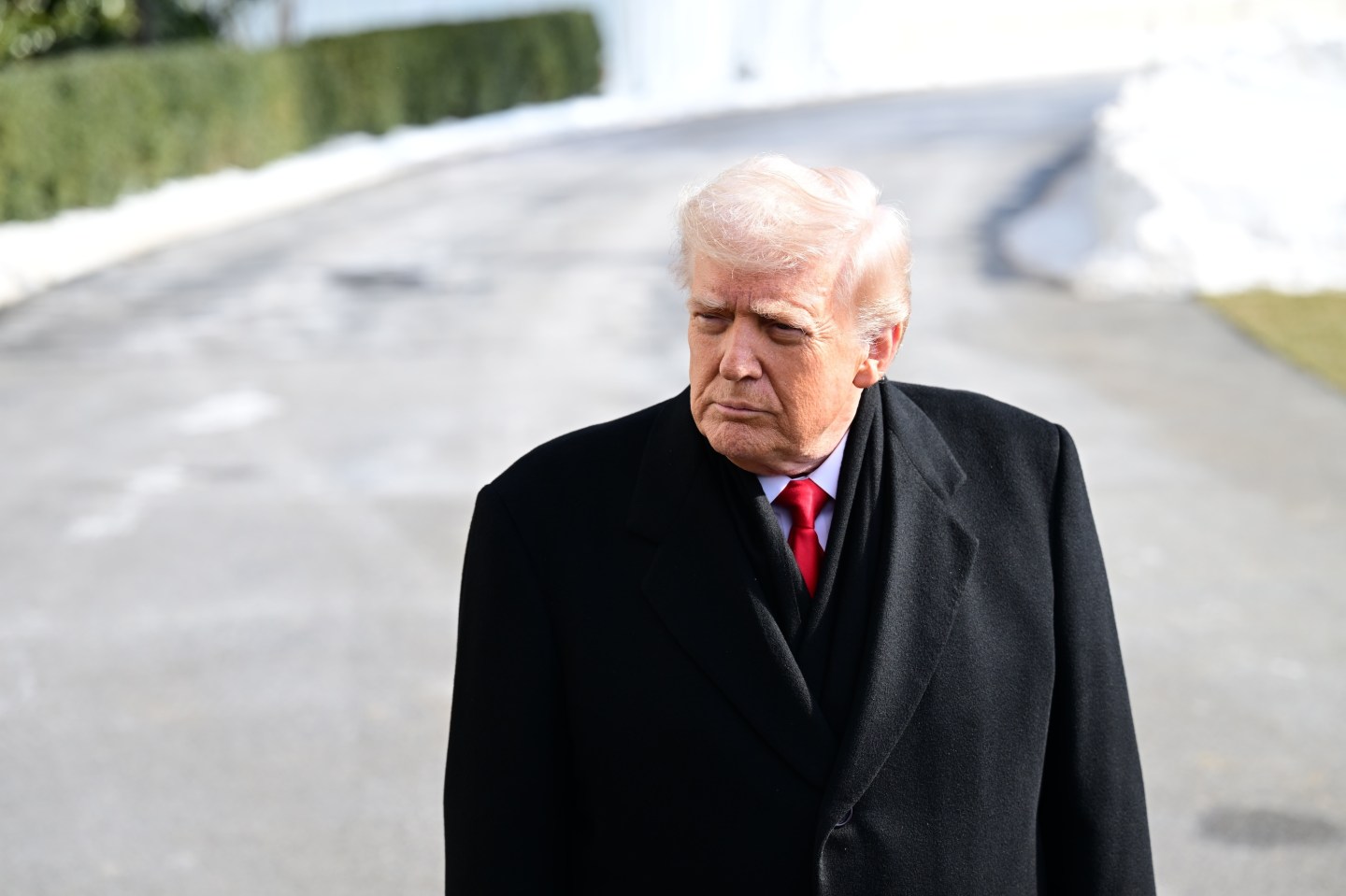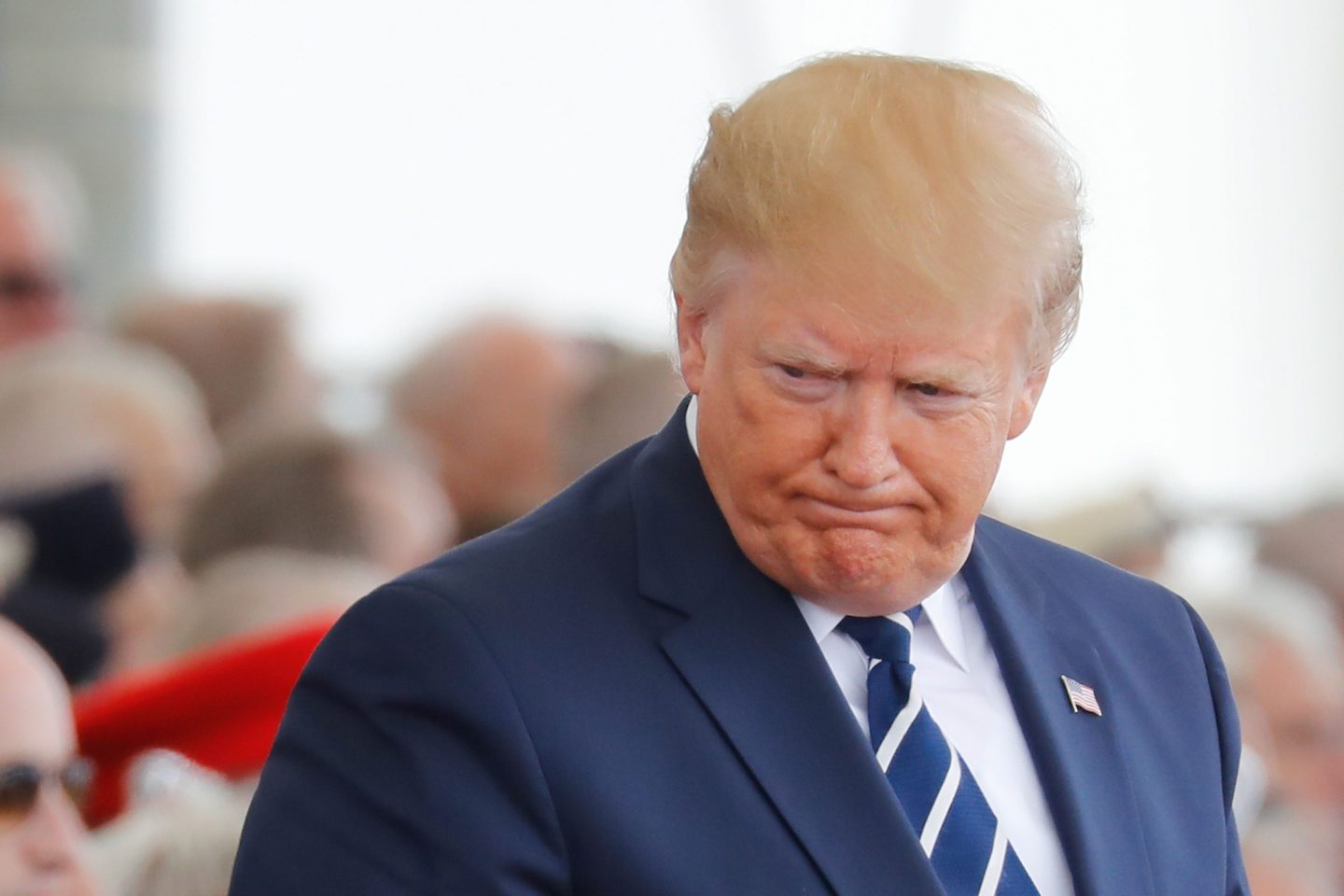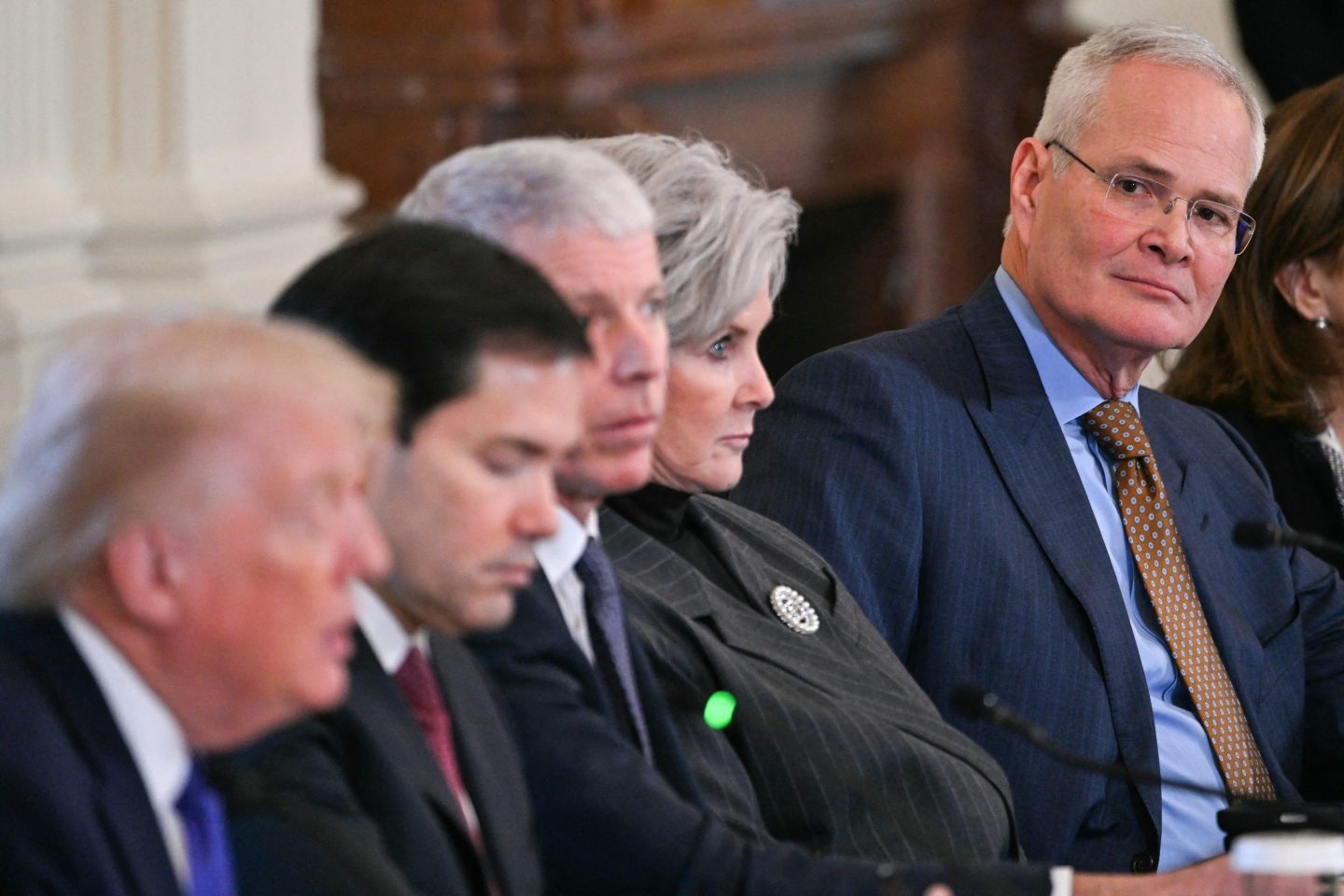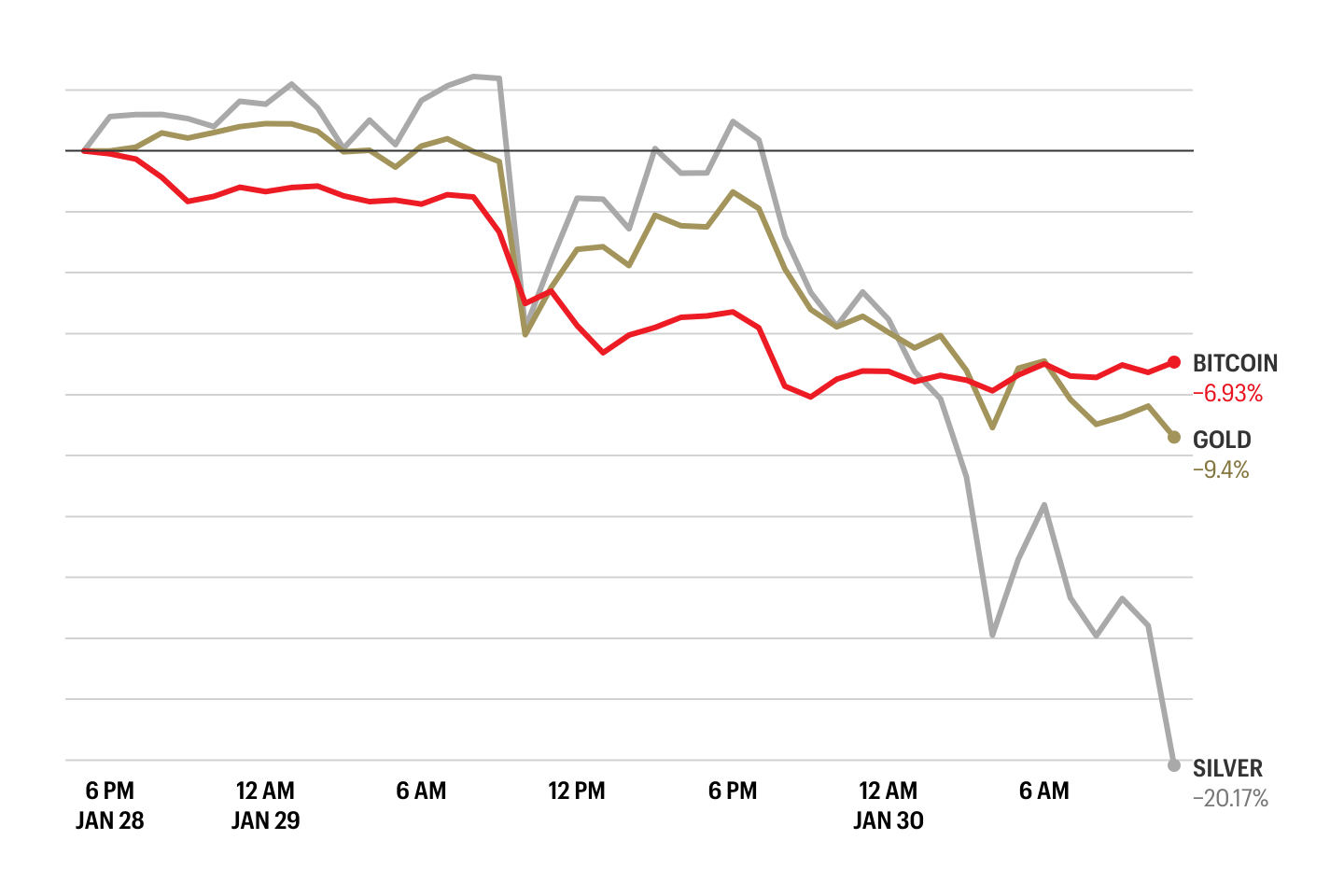The Russian economy looks unable to sustain President Vladimir Putin’s war on Ukraine past next year, but an end to the fighting could also pose an existential threat to his regime, according to experts.
In an analysis in Foreign Policy magazine earlier this month, Marc R. DeVore, a senior lecturer at the University of St. Andrews’s School of International Relations, and Alexander Mertens, a professor of finance at the National University of Kyiv-Mohyla Academy, explained how Russia can’t produce enough to replace what it’s losing on the battlefield.
For example, the military is losing about 320 tank and artillery cannon barrels a month, while Russian factories can produce only 20 each month, forcing the Kremlin to dig into aging Soviet stockpiles. But that’s not enough, and Russia will run out of barrels sometime in 2025, DeVore and Mertens estimated.
In addition, Russia is losing about 155 infantry fighting vehicles a month, but its defense industry can make only 17 a month. The supply-and-demand economics of artillery shells and troops are also unsustainable.
“Russia cannot continue waging the current war beyond late 2025, when it will begin running out of key weapons systems,” they wrote.
But the Kremlin’s mobilization of the economy to support the war has also left it vulnerable to an eventual end to hostilities.
DeVore and Mertens noted that paring back massive defense spending will trigger an economic downturn and leave many without work.
“The experience of other societies—in particular, European states after World War I—suggests that hordes of demobilized soldiers and jobless defense workers are a recipe for political instability,” they warned.
The war has also distorted the composition of Russia’s economy, favoring defense firms at the expense of small- and medium-size firms that serve the civilian sector, which won’t be able to absorb soldiers and workers displaced by the war’s end.
A peace deal would leave Putin with three unpalatable options, according to DeVore and Mertens. The first would be to shrink the military and defense industry, sparking a recession that threatens the regime. The second is to maintain a massive military that eventually chokes off economic growth.
“Having experienced the Soviet Union’s decline and fall for similar economic reasons, Russian leaders will probably seek to avoid this fate,” they added.
The third option is to maintain the military and use it to seize the resources it needs—“in other words, using conquest and the threat thereof to pay for the military.” They pointed to offshore gas reserves in the Black Sea, other natural resources in Ukraine, or the withdrawal of Western sanctions as possibilities.
“Russia’s supersized military sector incentivizes the Kremlin to use its military to extract rents from neighboring states,” DeVore and Mertens said. “The alternatives—demobilizing and incurring a recession or indefinitely funding a bloated military and defense industry—pose existential threats to Putin’s regime.”
Peace, in some form, could come sooner rather than later as President-elect Donald Trump has signaled he is eager to find a way to stop the fighting.
For now, President Joe Biden is rushing to help Kyiv before Trump takes over. The White House recently allowed Ukraine to fire U.S.-made long-range missiles into Russian territory, after North Korea sent troops to help Putin.












